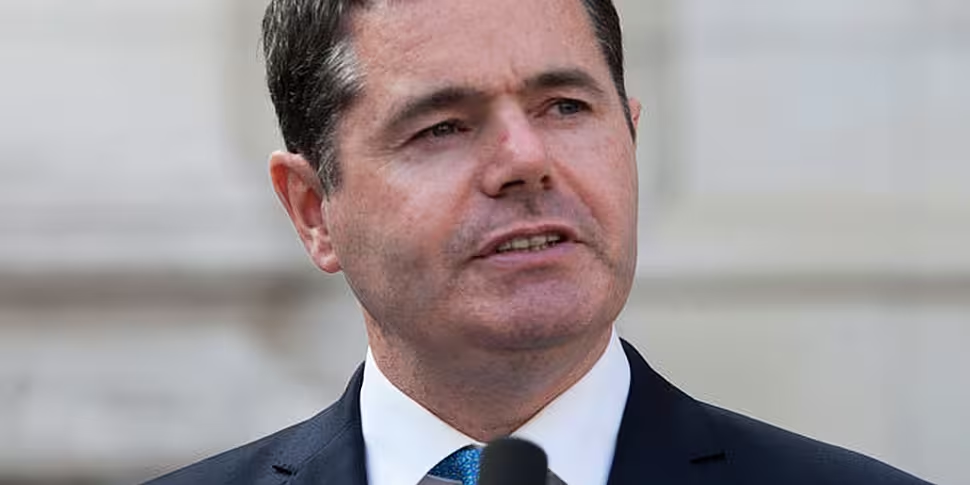Unions and the government have been setting out their positions this afternoon, on the first day of public pay talks at the Workplace Relations Commission (WRC).
25 worker groups representing 300,000 state employees have started negotiations today, with a two-week deadline for agreement.
The Department of Public Expenditure will lead the management side of the process, while other departments and agencies like the HSE will also be represented.
Bernard Harbour - head of communications at the IMPACT trade union - believes a deal can be done, but it will not be a 'disaster' if talks go past the Friday week deadline.
Speaking on Newstalk Drive, he explained: "It's not a Cinderella moment if we get to midnight on the second of June, and we haven't finished the work.
"There are time constraints. The Government side, I understand, wants to have things in place so it can do the budgetary sums. On the union side, we have to conduct ballots over the summer - and for some of us with members in education, that needs to be done sooner rather than later."
He added: "The most important factor here is that both the Government side - in the form of Minister Donohoe - and the trade union side have said they want to reach an agreement. I think that's obviously a very positive thing."
Union demands
Key union demands include the rolling back of pay cuts, the scrapping of the public service pension levy and the ending of a requirement for staff to work extra unpaid hours.
Some sectors - particularly workers in the health service - also want to see new incentives to tackle staff shortages.
Earlier this month, the Public Service Pay Commission (PSPC) recommended that pay constraints in “specialist and scarce skills areas” be reconsidered.
The commission highlighted the health service as a sector that is facing particular difficulties in terms of the recruitment and retention of staff.
Public expenditure
For its part, the government is expected to push for major pension reform, while insisting it wants a collective agreement with the unions.
Following the publication of the PSPC report, Public Expenditure Minister Paschal Donohoe warned that there will be “no ATM created” for the public sector.
He warned that the country is facing “exceptional challenges,” not least the looming prospect of Brexit.
The current public sector pay bill comes to about €16bn every year.
It had been hoped that the process could be wrapped up in about a fortnight, but a number of factors, including the election of a new Fine Gael leader, could push back that timeline.









